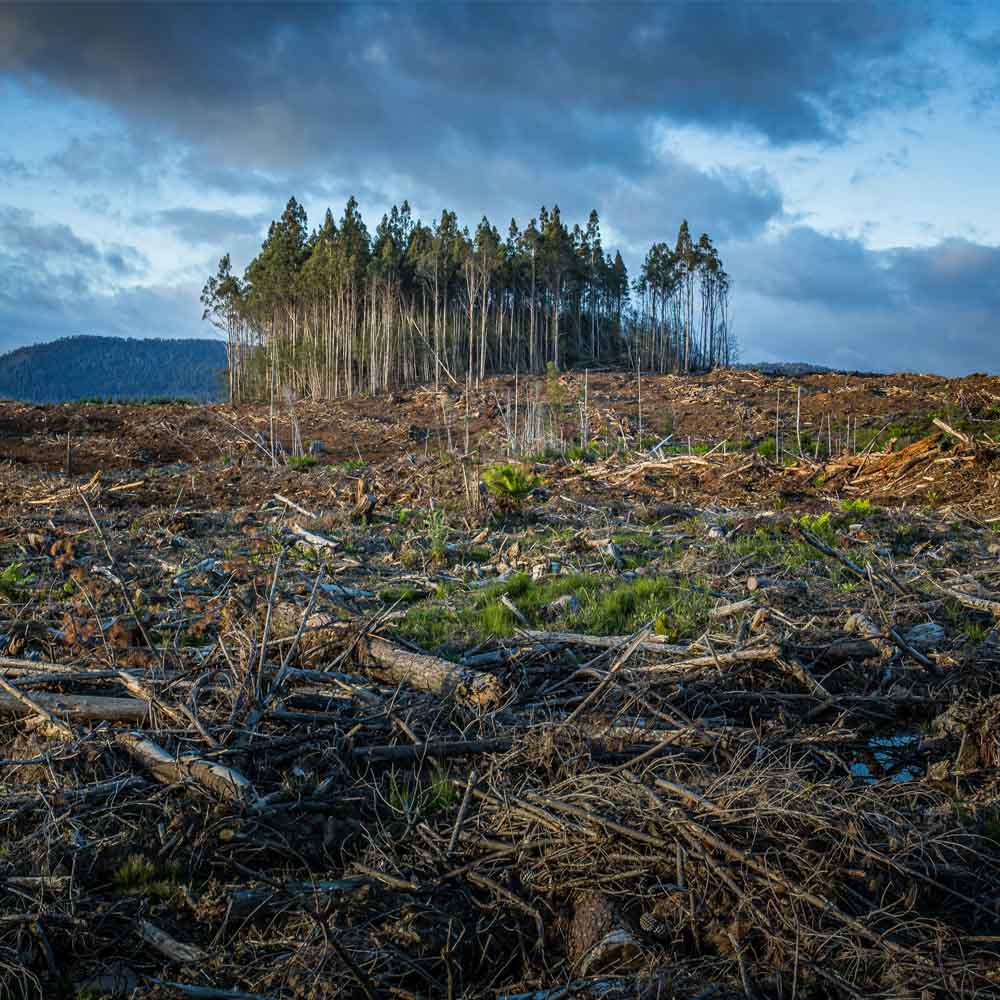The Fourth in a Series of Reflections on the Commission’s Report
This is the fourth in a series of blogs by members of the Centre for Governance and Human Rights at Swansea University dealing with different aspects of the final report of the Independent Commission on the Constitutional Future of Wales.
This blog considers the implications of the report for responses in Wales to the climate emergency, including its approach to energy generation.
Context
Climate change was recognised in the report as one of the things that really matter to the people of Wales and as a policy priority. Climate change is undoubtedly a global goal but also a matter on which Wales can and should play a significant role. A related issue, given its significance to the response to climate change in Wales, is energy. This was identified in the report as one of six areas where devolutionary boundaries are key and may be problematic.
Wales’ Constitutional Future and Climate Change
It is remarkable, given the fact that climate change headed up the examples of matters of public concern, that it is then barely mentioned in the main body of the report. The report touches only briefly on Wales’s (in)ability as a small country to exert ‘control’ and influence in respect of global challenges and the ensuing discussion unhelpfully conflates scale and independence issues. The report appears to both assume, erroneously, that sub-national actors, Wales among them, cannot influence climate change responses (see, for example, Wales as a ‘European Leader’ in the global context of the Net Zero Futures | Climate Group) and underplay existing potential to address these issues within the devolution settlement as well as seeking its amendment to do this more effectively in future.
Whilst the report notes that all states have only limited agency in acting individually to address global/systemic issues, collective action builds on individual state responses. For example, Wales has a legal framework for carbon targets and budgeting in the Environment (Wales) Act 2016 and the report took the opportunity to engage with centrally important governance issues with regard to climate change, especially the salience of the well-being goals applicable under the Well-being of Future Generations (Wales) Act 2015. However, the focus adopted skews heavily towards just one element of the ’prosperous Wales’ goal, concerning the impact of ‘financial markets’ in the context of climate change. In so doing, no regard is paid to the planetary boundaries/physical and societal impacts of climate change that will undoubtedly affect Wales and what these might mean for the future of life in Wales and Welsh democracy.
Devolutionary Boundaries and Energy
The report recognises that control by Welsh Government over the means of energy generation will be essential to meeting net zero goals in Wales and that this is an area where rapid technical innovation will need to be prepared for. With that in mind, devolutionary boundaries of energy generation are very much a ‘live’ issue, especially given that energy generation sits at the very heart of the boundaries between the powers of Welsh and UK governments. Whilst land use planning and environmental protection are clearly devolved matters, energy security and supply fall within the remit of the UK Government.
Wales has ambitious targets for renewable energy generation in Wales and the country’s geography and coastline provide significant potential for wind, hydroelectric and tidal power. The ability of Welsh Government to plan for and capitalise on the opportunities for renewable energy generation in Wales is clearly impacted by the complex boundary issues that arise in this context. These boundaries have been impacted by successive changes to the devolutionary settlement in Wales, not least the Wales Act 2017 which granted more control to Welsh Government over issues such as onshore oil and gas extraction and planning and infrastructure.
Despite increasing power to Wales in relation to energy generation, intergovernmental co-operation remains essential to the development of renewable energy generation in Wales. The practical issues arising from the illogical and impractical split allocation of responsibilities between the Welsh and UK government in the context of energy is rightly noted as a source of tension. In particular, the report highlights the ‘late and inadequate’ engagement by the UK Government with the Welsh Government on the Energy Act 2023. These problems also arise in the context of broader deterioration of consultation practice. To address these concerns the report recommends that the Welsh and UK Governments should establish an expert group to advise urgently on how the devolution settlement and inter-governmental engagement in relation to energy could be reformed. This recommendation is rather vague, which may impede the urgent response that is sought (and essential given the climate emergency). It is also difficult to see how the current problems of intergovernmental cooperation could be remedied by an exhortation on Westminster to do better in this regard in the absence of any means to require that positive changes be made.
Perhaps most surprising about the recommendations of the report with respect to devolution boundaries and energy is the emphasis on the Crown Estate. The report recommends that the remit of the group on intergovernmental cooperation on energy should advise on the options for the devolution of the Crown Estate to Welsh Government (noting that this is already the case in Scotland). The management of the Crown Estate undoubtedly has an important role to play in meeting net zero targets, to the extent that all land use in Wales is relevant. It is also clearly an issue related to independence and Wales’ constitutional future. However, this is already well-worn ground and much more straightforward than the other issues identified in the recommendation and should be treated as a free-standing task so that addressing it does not become bogged down in attempting to address other less developed areas of concern.
A final point of note on the issues of devolutionary boundaries and energy generation relates to the issue of community/local empowerment. Concerns for approaches to the development of renewable energy at a local level may have been engaged with more meaningfully in the context of centralizing and future-proofing the national grid. This is already well-worn ground and much more straightforward than the other issues identified in the recommendation. As such it might have been more appropriate to treat this as a free-standing task so that addressing it does not become bogged down in attempting to address other less developed areas of concern.



